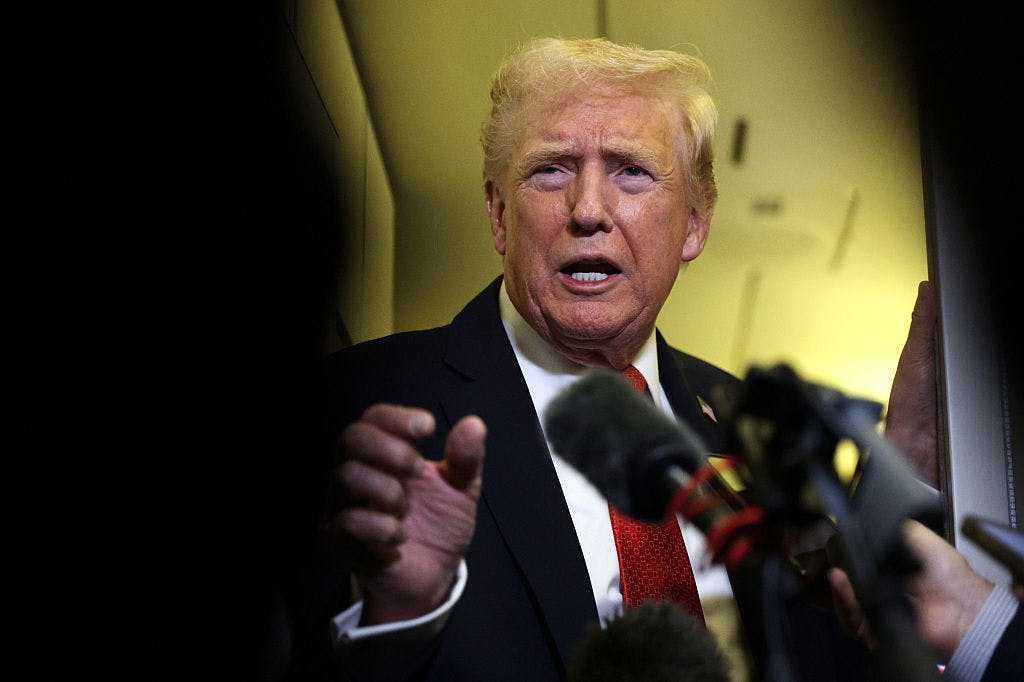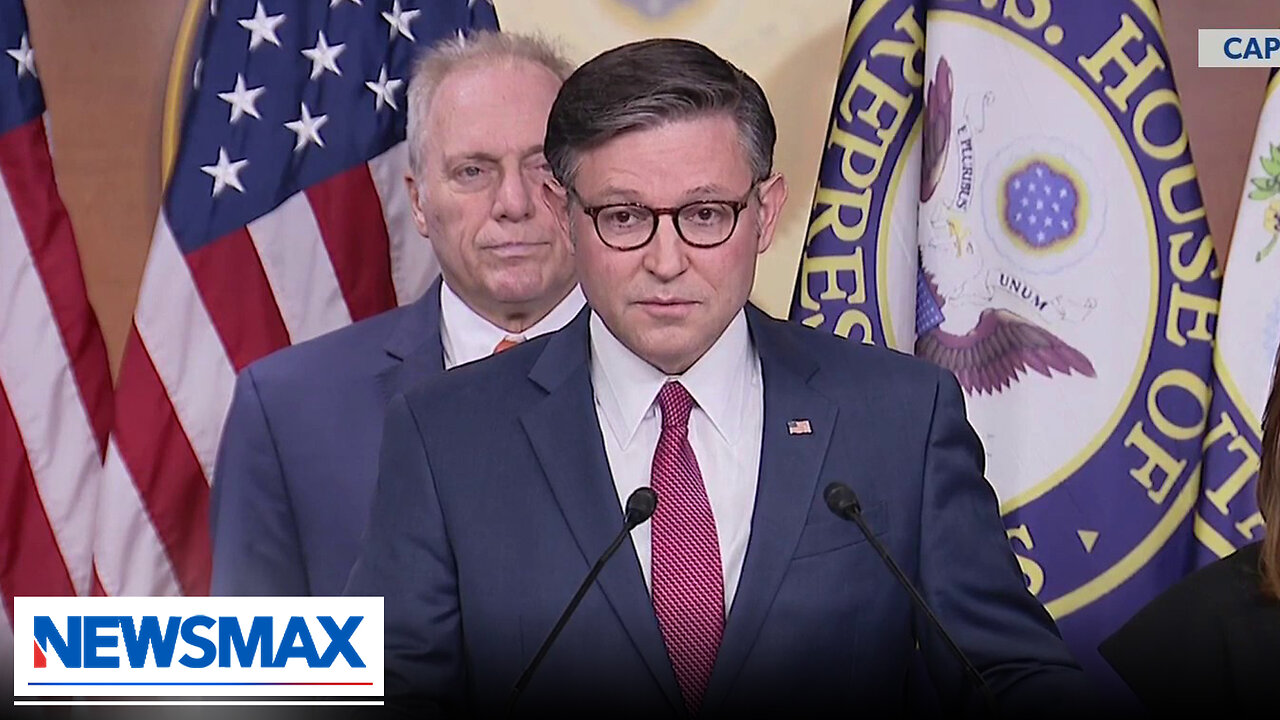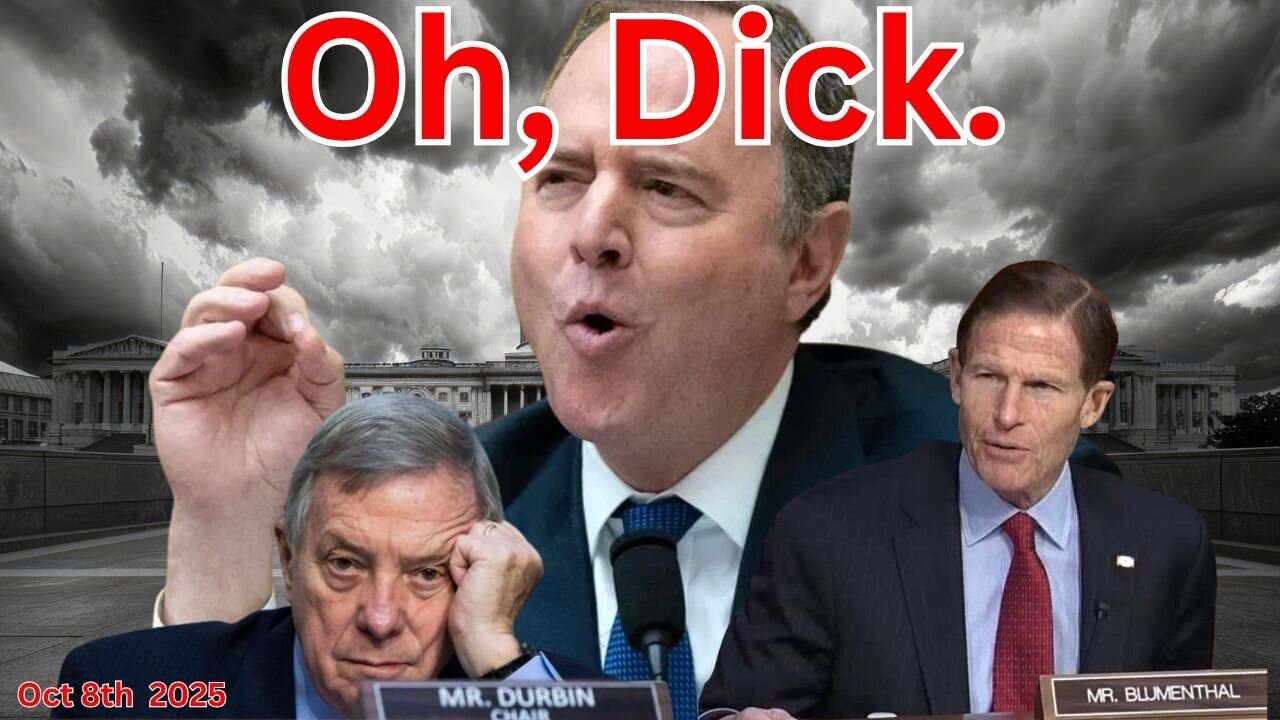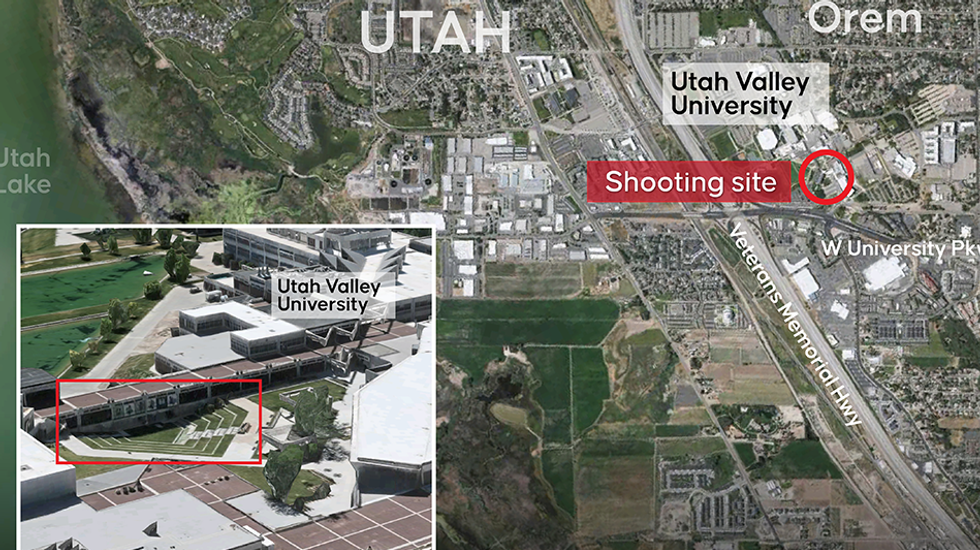AM radio still saves lives — but will automakers listen?
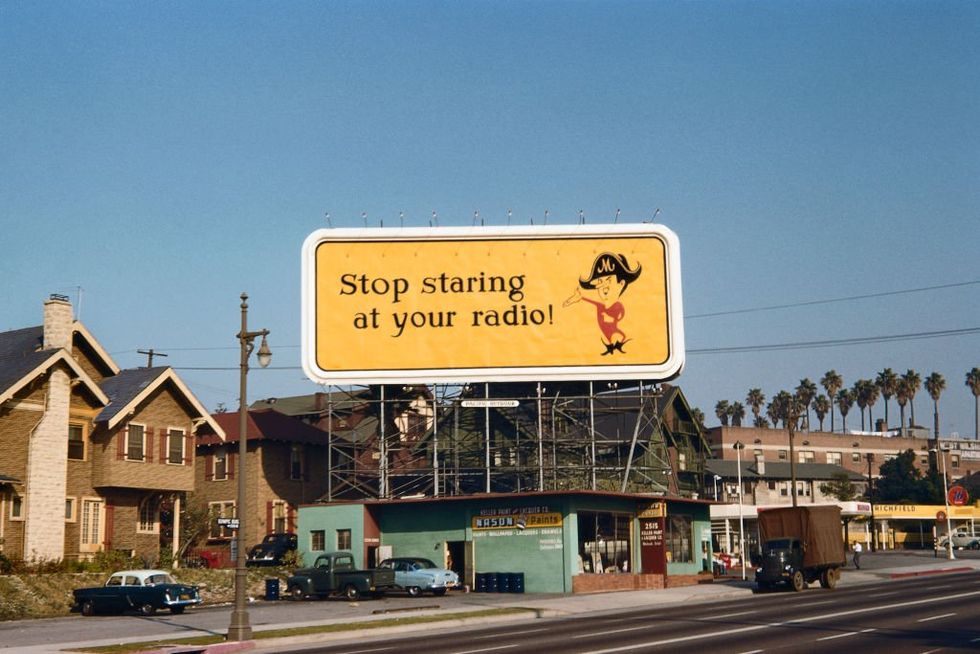
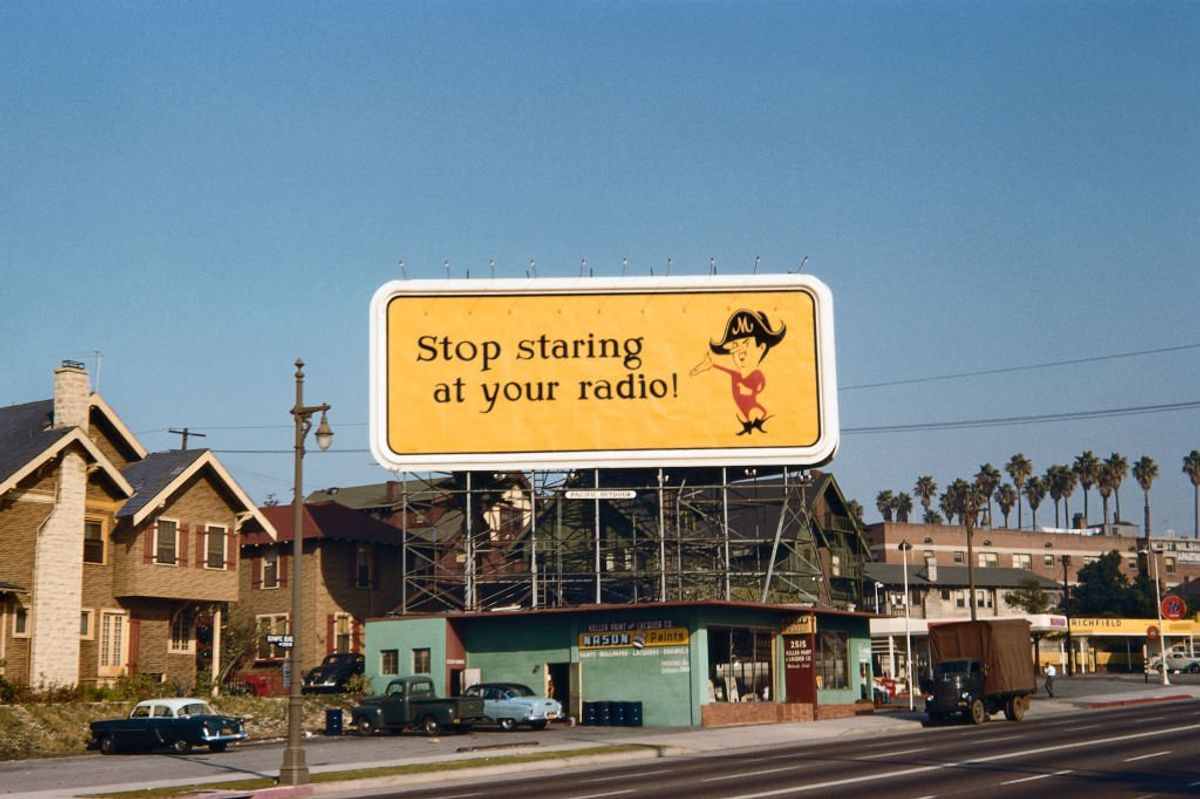
Your new car has all the usual shiny new entertainment tech, but you're in the mood for an old favorite. You skip past the buttons for satellite radio and Bluetooth connectivity to tune in to your ever-reliable source of news, sports, and even lifesaving alerts in a crisis.
That's when it hits you: There's no AM radio.
Think back to the 1960s, when seatbelts weren’t standard. Automakers fought mandates then, too, calling them costly and unnecessary — until lives saved proved them wrong.
As I've reported here before, carmakers like Tesla, Ford, and BMW have been quietly dropping in-vehicle AM radios for years, claiming it's no longer practical or financially viable to include it.
But don't turn that dial just yet.
Poor reception
The AM Radio for Every Vehicle Act is heading toward a Senate vote after clearing the Commerce Committee back on February 5. With bipartisan support and an endorsement from FCC Chairman Brendan Carr, this bill could ensure that AM radio stays in every new car.
But why is this even a fight?
It starts with cost. Adding an AM receiver might only run a few dollars per vehicle, but multiply that by millions of cars and it’s a hit to the bottom line.
Then there’s the tech angle — electric vehicles dominate the future (for now), and AM signals can get scrambled by the electromagnetic hum of EV batteries and motors, creating annoying static.
Plus, with dashboards turning into touchscreens and younger buyers streaming music or podcasts via Bluetooth, they argue that AM is outdated and unnecessary.
Automakers would rather upsell you on satellite radio subscriptions or internet-connected infotainment systems — options that pad their profits but leave you without an AM signal when you want or need it.
The trouble is that rural roads and disaster zones don’t care about your Wi-Fi plan, and that’s where AM comes in.
Last resort
I’ve been tracking this on Congress.gov. Senate Bill 315 moved out of committee for a floor vote this month. It’s described as a push “to require the Secretary of Transportation to issue a rule ensuring access to AM broadcast stations in passenger motor vehicles.”
If passed, it would mandate that the National Highway Traffic Safety Administration to require automakers to include AM radio in all vehicles sold in the U.S. — at no extra cost. Until that rule kicks in, any cars without it must be clearly labeled.
The National Association of Broadcasters cheered the progress, pointing to disasters like the Los Angeles wildfires and Hurricane Helene, where AM’s reach delivered evacuation orders and recovery info when cell networks crumbled. Over 125 groups, from the American Farm Bureau to the AARP, back it, citing safety and community access.
Senators Edward J. Markey (D-Mass.) and Ted Cruz (R-Texas) of the Commerce Committee teamed up across the aisle, saying, “Today’s vote broadcasts a clear message to car manufacturers that AM radio is an essential tool for millions. From emergency response to entertainment and news, it’s a lifeline we must protect.”
FCC Chairman Brendan Carr added, “I saw it firsthand after Hurricane Helene — people relied on AM for lifesaving updates when everything else was down. Unlike streaming apps that need a signal or a subscription, AM is free, far-reaching, and works when nothing else does.”
Audio seatbelt
This bill is bigger than just radios — it’s about innovation, safety, and government’s role in the auto industry. Think back to the 1960s when seatbelts weren’t standard. Automakers fought mandates then, too, calling them costly and unnecessary — until lives saved proved them wrong. Today, AM radio is the seatbelt of communication: low-tech, sure, but a proven lifesaver.
If it passes the Senate, it could set a precedent for regulators to prioritize public good over corporate trends, maybe even nudging carmakers to rethink other cuts — like physical buttons that were swapped for slow screens.
It’s a signal that tech’s march forward doesn’t have to leave reliability behind, especially as disasters make resilient tools more crucial than ever.
Static from lobbyists
Unfortunately, this bill has some hurdles to get over. Automakers aren’t accepting this quietly; they’ve got deep pockets and powerful lobbyists, and groups like the Alliance for Automotive Innovation could lean on senators to water it down or kill it. They might argue it’s unfair to force a feature not every buyer wants or that EVs need exemptions for technical reasons.
Then there’s the Senate itself — gridlock is normal, and with budget battles and post-election-year posturing, a floor vote could easily be delayed. Even supporters admit it’s faced delays before; earlier versions never passed in Congress despite broad support. The difference now? High-profile disasters and bipartisan unity might just tip the scales.
AM remains the backbone of the Emergency Alert System, a resilient lifeline delivering local news, diverse voices, and critical info when it counts. Now that this bill’s racing through, it’s a sign that it could soon be law — unless the opposition shifts gears.
Originally Published at Daily Wire, Daily Signal, or The Blaze
What's Your Reaction?
 Like
0
Like
0
 Dislike
0
Dislike
0
 Love
0
Love
0
 Funny
0
Funny
0
 Angry
0
Angry
0
 Sad
0
Sad
0
 Wow
0
Wow
0


